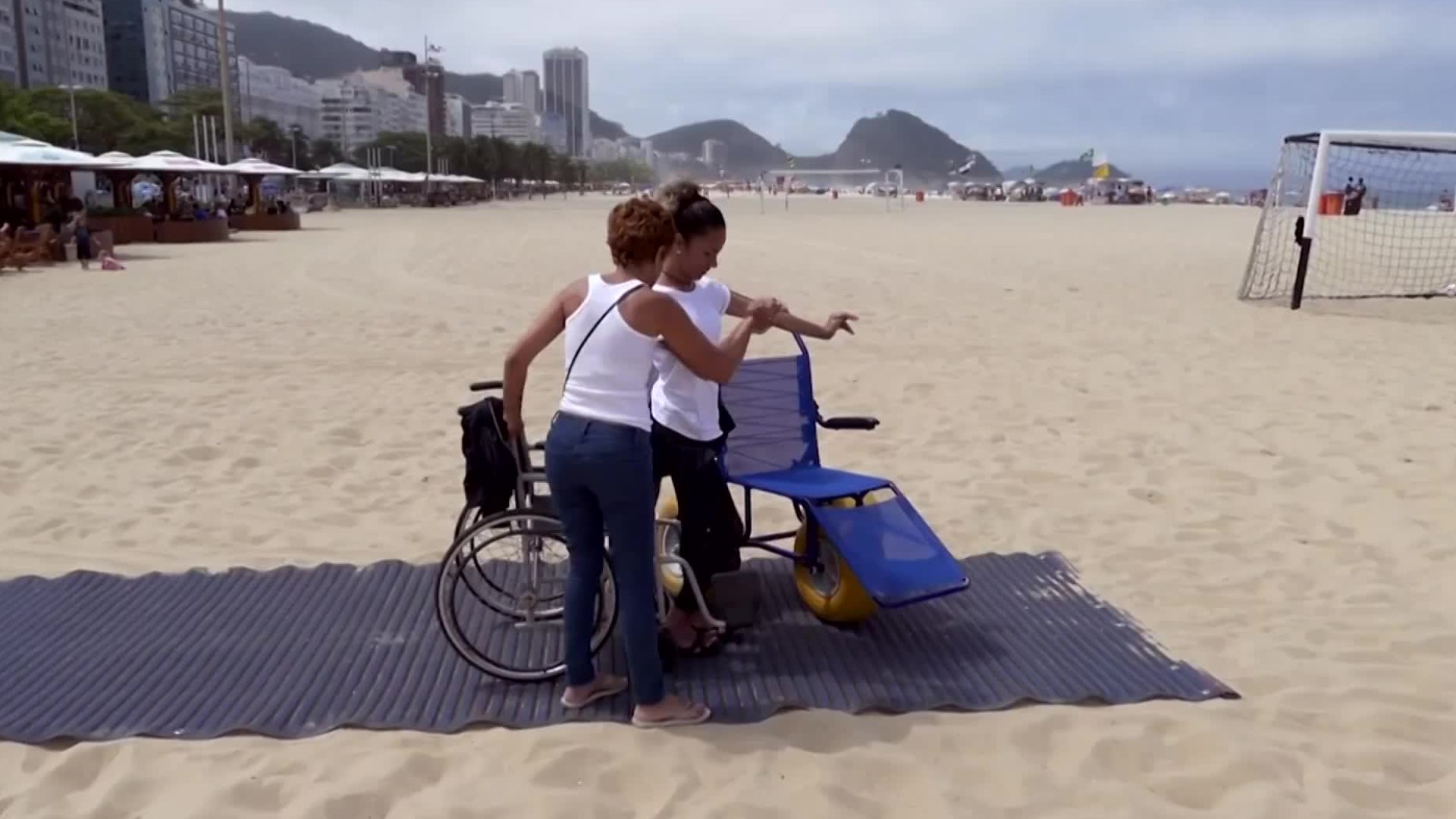Recreational Therapists
Certified Therapeutic Recreation Specialist (CTRS), Recreation Therapist, Recreational Therapist, Rehabilitation Therapist
What they do:
Plan, direct, or coordinate medically-approved recreation programs for patients in hospitals, nursing homes, or other institutions. Activities include sports, trips, dramatics, social activities, and crafts. May assess a patient condition and recommend appropriate recreational activity.
On the job, you would:
- Instruct patient in activities and techniques, such as sports, dance, music, art, or relaxation techniques, designed to meet their specific physical or psychological needs.
- Conduct therapy sessions to improve patients' mental and physical well-being.
- Plan, organize, direct, and participate in treatment programs and activities to facilitate patients' rehabilitation, help them integrate into the community, and prevent further medical problems.
Knowledge
Math and Science
- psychology
- sociology and anthropology
Health
- therapy and counseling
- medicine and dentistry
Business
- customer service
- management
Education and Training
- teaching and course design
Skills
Basic Skills
- listening to others, not interrupting, and asking good questions
- talking to others
Social
- looking for ways to help people
- changing what is done based on other people's actions
Problem Solving
- noticing a problem and figuring out the best way to solve it
Abilities
Verbal
- communicate by speaking
- listen and understand what people say
Ideas and Logic
- notice when problems happen
- use rules to solve problems
Attention
- do two or more things at the same time
- pay attention to something without being distracted
Personality
People interested in this work like activities that include helping people, teaching, and talking.
They do well at jobs that need:
- Optimism
- Sincerity
- Empathy
- Self-Control
- Social Orientation
- Cooperation
Technology
You might use software like this on the job:
Electronic mail software
- Email software
- Microsoft Outlook
Presentation software
- Microsoft PowerPoint
Music or sound editing software
- Avid Technology Sibelius
- Steinberg Cubase Pro
Education
Education: (rated 4 of 5)
bachelor's degree
usually needed
usually needed
Job Outlook
Average
New job opportunities are likely in the future.
Explore More
- Occupational Therapists
- Occupational Therapy Aides
- Occupational Therapy Assistants
- Physical Therapist Assistants
- Psychiatric Technicians
You might like a career in one of these industries:
See more details at O*NET OnLine about Recreational Therapists.





